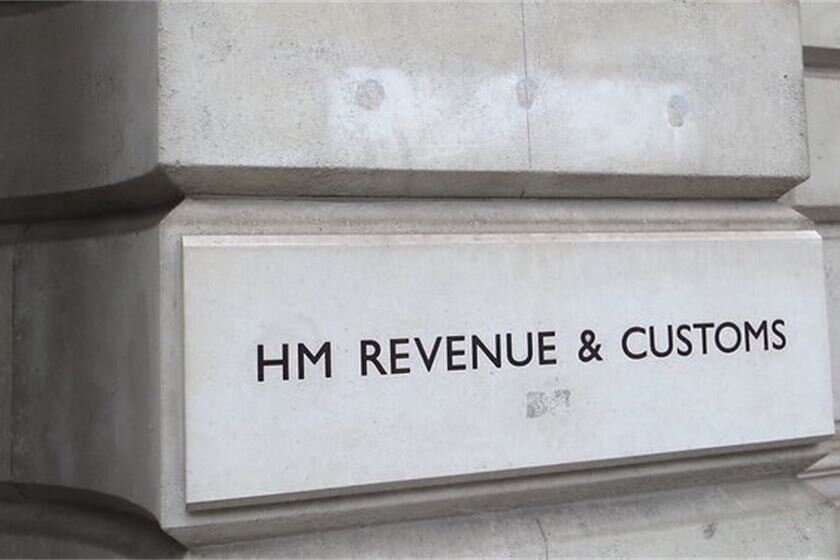HMRC doubles tax evasion surveillance team amid AI fraud crackdown
HM Revenue and Customs (HMRC) has doubled the number of staff trained to conduct tax evasion surveillance, as part of a growing crackdown on fraud. According to data released under a Freedom of Information request, 337 employees received surveillance training in 2023-24, up from 171 in 2021-22. The training cost £580,403 last year, compared with £524,940 two years earlier.
Surveillance staff are authorised to carry out “drive-bys” on properties, premises checks, and test purchases to investigate suspected tax fraud. The expansion of training coincides with HMRC’s increasing use of artificial intelligence (AI), which can monitor social media accounts for evidence of undeclared income, such as lavish lifestyle posts that do not match reported earnings. Officials have stressed that such monitoring is “restricted to criminal investigations and subject to legal oversight”.
Expanding HMRC’s enforcement capacity
The new training is part of HMRC’s broader effort to strengthen its fraud investigation capacity. While overall staffing numbers in the fraud investigation service have not been confirmed, the emphasis on surveillance training signals a shift toward proactive enforcement.
Alongside surveillance training, HMRC continues to train staff in courtroom skills, safety protocols, and criminal case handling, although the cost breakdowns for these programmes have not been fully disclosed.
The government has also committed to recruiting 5,500 additional compliance officers over the coming years, reinforcing its ambition to clamp down on tax evasion and secure more revenue for public services.
Technology-driven enforcement
AI has become central to HMRC’s enforcement approach. By scanning social media and online platforms, the tax office aims to spot discrepancies between declared income and visible spending habits. For example, posts featuring expensive holidays or luxury items could raise red flags if they appear inconsistent with official tax returns.
Proponents argue that using AI makes enforcement more efficient and allows HMRC to focus resources on high-risk cases. Critics, however, warn of potential privacy concerns and risks of misinterpretation if context is overlooked.
Public backlash over HMRC’s priorities
Consumer groups have questioned whether investment in surveillance and AI comes at the expense of basic taxpayer services. HMRC has been under fire for poor customer support, with millions of calls going unanswered in recent years and helplines temporarily closed to reallocate staff.
Campaigners argue that many small businesses are struggling with complex tax rules and need better guidance, not additional scrutiny. They warn that a growing focus on enforcement risks alienating ordinary taxpayers who simply find the system difficult to navigate.

Expert views on fraud crackdown
Some experts see the surveillance expansion as a necessary response to rising financial crime. Dr Janet Bastiman, chief scientist at tech firm Napier AI, commented:
“With financial crime and money laundering on the rise, ramping up tailored training to enable HMRC staff to identify fraudsters and tax evaders is a necessary investment.”
Industry figures also point to the complexity of UK tax law. Kenny MacAulay of accountancy software provider Acting Office said:
“One bad decision can lead to severe reputational damage and loss of trust, which underlines just how important clarity and compliance have become.”
HMRC defends its strategy
An HMRC spokesperson insisted the measures are delivering results, saying the agency is protecting “more tax revenue from error and fraud than ever before”. They added that investment in training, compliance staff, and IT modernisation is part of a long-term plan to strengthen tax enforcement and secure billions in revenue for public services.
The political and economic backdrop
The expansion of HMRC’s surveillance powers comes at a sensitive moment for the government. With the autumn Budget scheduled for 26 November, Chancellor Rachel Reeves faces pressure to find additional revenue without breaking Labour’s manifesto pledge not to raise income tax, national insurance, or VAT. Stronger tax enforcement offers one route to close the fiscal gap without headline tax hikes.
At the same time, public frustration with HMRC’s service standards risks undermining trust in the tax system. Critics warn that while surveillance and AI may boost compliance, failing to deliver accessible support could leave taxpayers feeling unfairly targeted. Striking a balance between enforcement and fairness will therefore be crucial for both economic stability and political credibility.

Final Summary
Tax surveillance expansion raises privacy and service concerns
HMRC’s decision to double surveillance training and deploy AI in fraud detection has ignited debate about its priorities. While enforcement is seen as vital to securing lost revenue and tackling financial crime, critics argue that customer service is in decline and taxpayers are struggling to get help with complex rules. The balance between stronger enforcement and better service will be a key test for HMRC in the years ahead.










